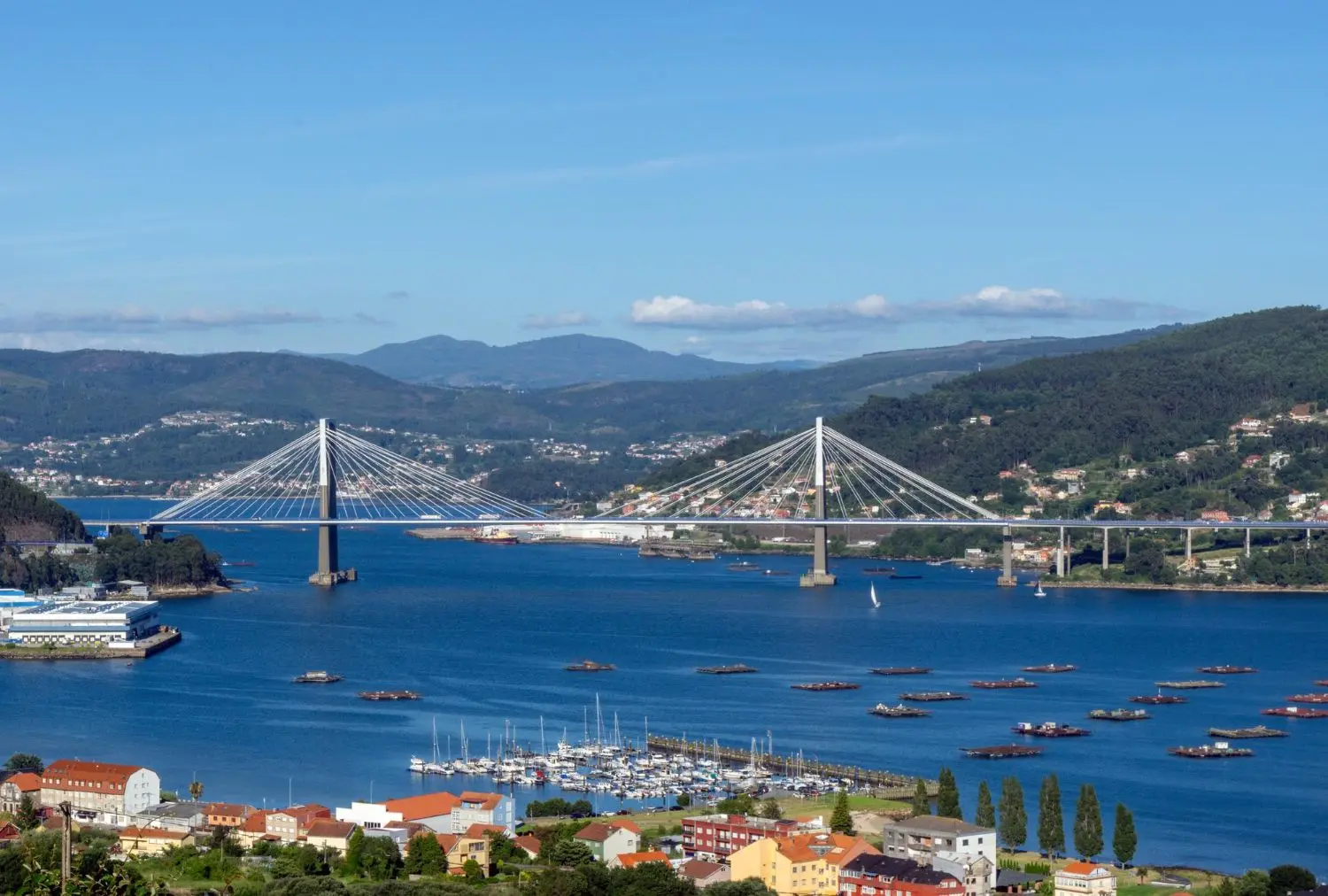As Storm Gerrit continues to batter the United Kingdom, the country is grappling with widespread disruptions. The severe weather event has left thousands of households without power and caused significant travel chaos, with more than 200 flood alerts and warnings still in place.
British Airways, one of the UK’s leading airlines, was forced to cancel over 20 flights to and from London Heathrow on Thursday due to the adverse weather conditions. The storm’s impact is not limited to air travel; ferry services to various destinations, including the Hebrides, France, and the Isle of Wight, are also facing potential delays and cancellations.
The British Meteorological Office stated the severity of the storm: “Last night a supercell thunderstorm crossed Greater Manchester causing damage. We know from our Doppler radar that it had a strong rotating updraft.” The statement further suggested the likelihood of a tornado at the surface, although this has yet to be confirmed with surface data.
The effects of Storm Gerrit have been felt across various regions, with the Northeast and Shetland being particularly hard hit. Approximately 14,000 homes in these areas are currently without power. Scottish and Southern Electricity Networks are working tirelessly to restore electricity, but some households might face power outages until tomorrow.
The storm has not only affected power supplies but also disrupted several rail lines and roads. Scotrail, after assessing the damage on Thursday morning, confirmed that key rail lines across the country remain inaccessible. This includes critical routes such as Aberdeen to Edinburgh, Glasgow to Oban, and Edinburgh to Dundee, near St. Andrews.
The disruption caused by Storm Gerrit highlights the increasing challenges posed by extreme weather events in the UK. The frequency and intensity of such storms have been on the rise, prompting concerns about the resilience of the country’s infrastructure and the need for more robust emergency response plans.
The impact on daily life is significant. For those without power, the situation is more than an inconvenience; it’s a matter of safety and comfort, especially during cold weather. The disruption to travel not only affects commuters and travelers but also has a ripple effect on the economy, particularly in regions reliant on tourism and transportation.
Authorities are urging residents to stay informed and prepared. They recommend avoiding unnecessary travel, securing loose items outdoors, and following safety advice from local councils and emergency services. For those affected by power outages, it’s advised to have emergency supplies on hand and to check on vulnerable neighbors.
The response to Storm Gerrit also underscores the importance of investing in infrastructure that can withstand such extreme weather events. This includes strengthening power grids, improving drainage systems, and ensuring that transportation networks have contingency plans in place.
As the UK continues to face the wrath of Storm Gerrit, the focus remains on ensuring the safety of its residents and minimizing disruptions. The situation is a stark reminder of the power of nature and the need for preparedness and resilience in the face of increasingly unpredictable weather patterns.













